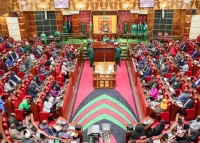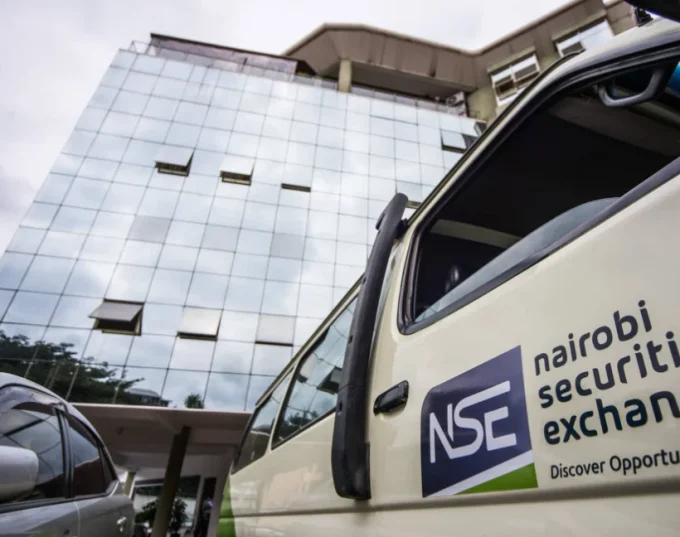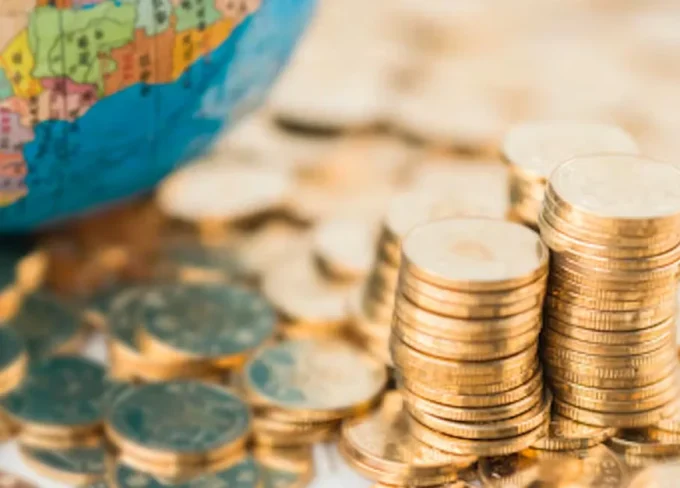Most people’s savings will constitute some cash, alongside other holdings of shares, funds, bonds, property and perhaps commodities like gold. But how much is the right amount?
The right proportion of cash will vary according to your personal circumstances and appetite for risk. But there are a few considerations that apply to all of us.
There are some good reasons to hold cash in an investment portfolio. The first is the security it offers.
The value of cash does not change, in nominal terms. It fluctuates against other currencies, of course, but if your outgoings are priced in shillings, that does not matter. A shilling will continue to be worth a shilling. If capital preservation is your priority there really is no substitute.
The second good reason to hold cash is as dry powder in volatile markets. Dry powder is an informal term that refers to highly liquid securities, cash reserves and any other security that can be converted to cash right away to meet any obligations.
Since share prices can swing far from their fundamental value as investor sentiment changes, this creates opportunities both to take profits and to pick up bargains. But an investor can only take advantage of the latter if they have some cash to hand. If the market falls sharply and you are fully invested, you cannot buy new shares at attractive prices.
The third reason to hold cash has not been much in evidence over the past ten years or so. Like shares, bonds and property (but not gold), it can provide an income. In the US, Treasury bills are now offering a competitive yield and in due course cash will offer an acceptable yield in other countries too. Some good reasons to consider cash, then.
Why you should not hold cash
But there are also reasons not to have cash in your portfolio.
The most important of these is that over time cash has tended to deliver a worse return than riskier assets like bonds and shares. The difference may seem small in the short run but over an investing lifetime the shortfall can be very significant.
[Read: Majority of Kenyans to retire into poverty, new study warns]
Obviously, this is a far longer period than anyone will personally invest for. And clearly the last hundred years or so has been a good period to be invested in shares. But the point is clear – investors have generally been rewarded for taking risk and have paid a very high price for the apparent security of cash.
A shilling will continue to be worth a shilling. If capital preservation is your priority there really is no substitute.
The difference in nominal and inflation-adjusted returns highlighted here shows the other main reason to be wary of holding too much cash. The income it offers has tended over extended periods of time to be less than the increase in prices. In real terms, cash has therefore lost value. This is obvious to anyone who remembers how much a loaf of bread or packet of milk cost when they were younger.
The third reason not to hold too much cash is the difficulty in actually putting it to work at the most opportune moment. The best time to invest is invariably the moment when it feels hardest to do so because the outlook is poor and the security of cash is most reassuring. You will often hear other investors boasting about how they got out of the market at the top – far less often do you hear about how they got in at the bottom.
So, there are reasons to hold cash and reasons not to.
How much, therefore, makes sense at the moment?
For all the reasons above, the past year or so was a good time to have a bit more cash than usual. Markets generally were disappointing in 2018, particularly in the final quarter of the year. A higher weighting in cash would have protected your capital and provided the firepower to take advantage of today’s lower prices.
With markets likely to remain volatile in the near future, it will pay to retain some cash. But more than around 10% of your total savings feels too conservative with markets as beaten up as they are today.
If you have been erring on the side of caution, now might be the time to put some cash to work.
[See Also: Mobile subscribtions rise to 49.5 million in Q2 2018/19]
The writer is a Financial Chartered Accountant (FCA) and the Regional Director, Middle East, Africa & South Asia at the Institute of Chartered Accountants in England and Wales (ICEAW).



















































![Pula Co-Founders and Co-CEOs, Rose Goslinga & Thomas Njeru. Pula provides agricultural insurance and digital products to help smallholder farmers manage climate risks, improve farming practices and increase their incomes. [ Photo / Courtesy ]](https://businesstoday.co.ke/wp-content/uploads/2021/01/Pula-Co-Founders-and-Co-CEOs-Thomas-Njeru-Rose-Goslinga.jpg)




























































1 Comment